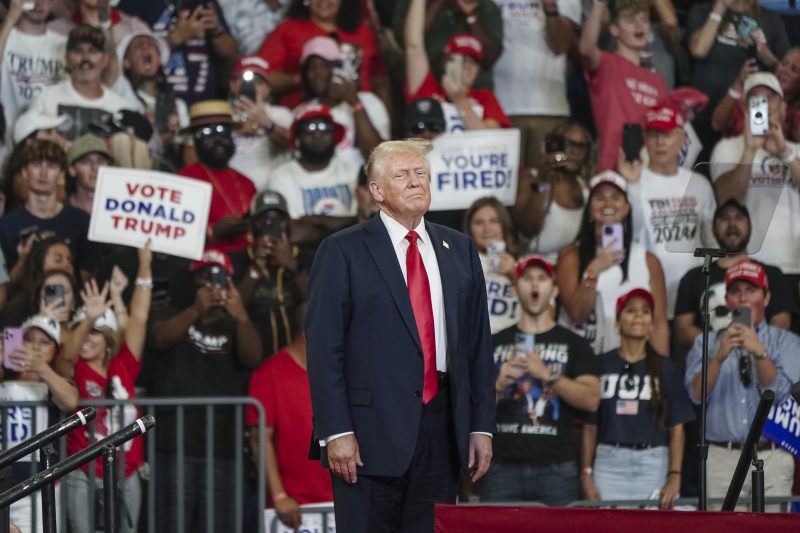In a surprising turn of events at the recent rally held in Atlanta, former President Donald Trump took the opportunity to launch a series of scathing attacks on Republican Georgia Governor Brian Kemp. Trump’s criticism towards Kemp stems from his handling of the 2020 election and the subsequent fallout that led to tensions within the Republican party.
The rift between Trump and Kemp began when the governor refused to comply with Trump’s demands to overturn the election results in Georgia. Trump, who has repeatedly claimed that the election was rigged and marred by fraud, viewed Kemp’s refusal to intervene as a betrayal. During his speech at the rally, Trump did not hold back, calling Kemp a clown and accusing him of being weak on a range of issues.
Trump’s relentless attacks on Kemp highlight the deep divisions within the Republican party as it grapples with the aftermath of the 2020 election. The rift between Trump loyalists and more traditional Republicans, like Kemp, has created a significant rift that may have long-lasting implications for the party’s future.
The feud between Trump and Kemp is emblematic of the larger struggle within the Republican party to define its identity and direction moving forward. With Trump continuing to wield significant influence over the party base, his attacks on Kemp underscore the challenges faced by Republicans who are looking to chart a course that is both true to conservative values and electorally viable.
As Trump and Kemp continue to spar in the public arena, it remains to be seen how this feud will impact the upcoming elections and the broader Republican party. What is clear, however, is that the deep divisions within the party are unlikely to resolve themselves anytime soon, and that the battle for the soul of the GOP is far from over.



























